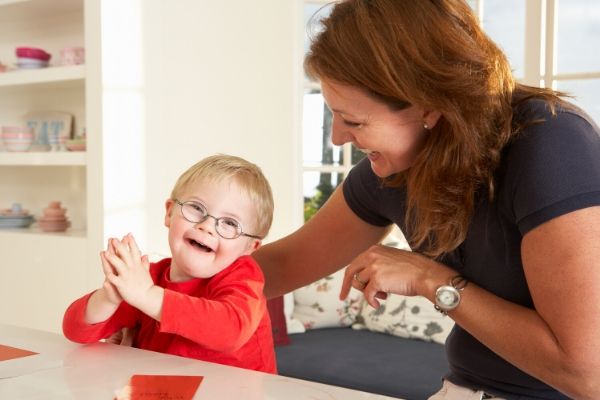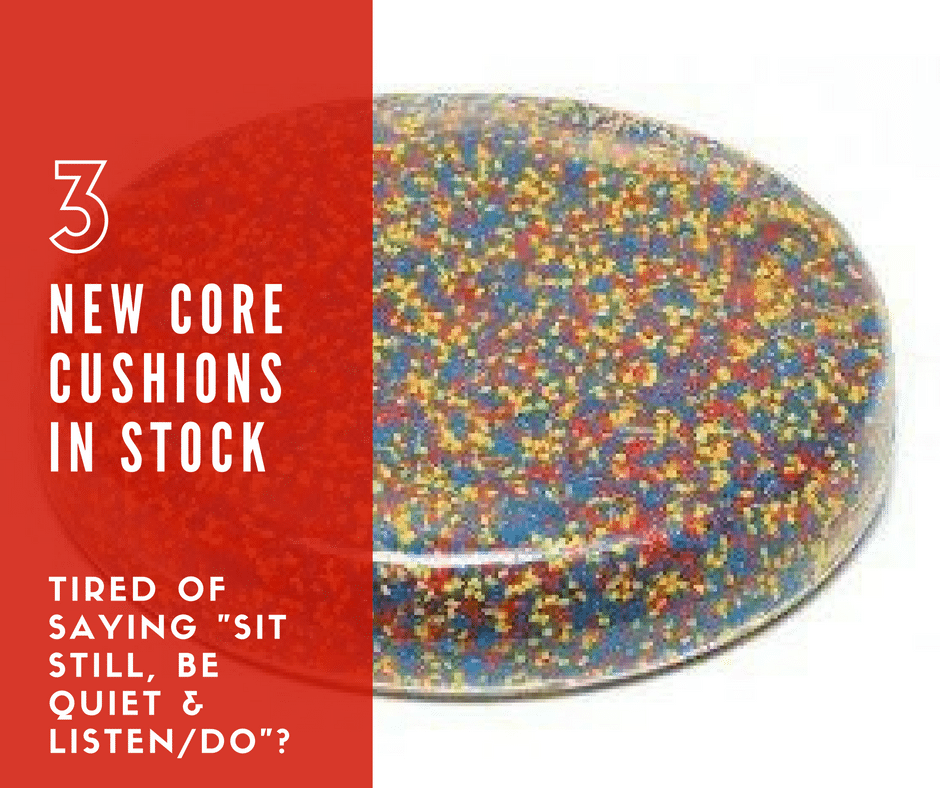
- A Key Worker is an early childhood intervention professional who is the key point of contact for a child and their family. They have expertise in child development, learning and well-being as well as professional qualifications in allied health or education e.g. Occupational Therapy, Speech Pathology, Social Work, or Special/Early Childhood Education -

Who is the Key Worker Model suitable for?
If a child has difficulties in more than one area of development and they are under seven years of age, they may benefit from having their early intervention services delivered by a Key Worker.
How does the Key Worker Model work?
Your Key Worker takes the lead role to ensure that all professionals work in collaboration with your family to provide a "team around the child". Typically your Key Worker will provide support across all the areas that your child needs to help to achieve their goals. Sometimes this is called trans-disciplinary practice e.g. they provide general intervention that is common across a range of early childhood disciplines.
Your Key Worker will also collaborate with other professionals from the team to provide your family with to the best care. For example, if your Key Worker is an Occupational Therapist by profession, and your child's primary goals are around developing pretend play and ball skills, your Key Worker might seek advice from the team Speech Pathologist about how to help your child use more words to communicate their needs with playing with others.
In this example, if your child starts to get really frustrated and angry because their friends can't understand what they are saying, your the Key Worker might decide that the intervention your child needs is beyond the scope of their professional boundaries as an Occupational Therapist. The Key Worker and family might decide that it is best to bring in the Speech Pathologist for some parent/carer coaching and advice or even a few therapy sessions with the child. Your Key Worker remains the constant in your family's lives and other team members are brought in and out as needed for their specialist advice.
Another important part of your Key Worker's role is to provide you with information, resources, coaching and support so that you can help your child to learn, develop and participate fully in life.

Where does the Key Worker see my child?
Your Key Worker will see your child wherever they need support. This might be at home, daycare, kindy, park, shops, Occumax clinic or anywhere else in the community. Your Key Worker will want to understand your family routines. They will help you to create learning and therapy opportunities through every day family activities so that your child develops the skills they need for active participation in life.
How often will the Key Worker see my child?
This depends on the needs of your family and the goals of your child. Usually your Key Worker will recommend weekly or fortnightly visits. Face-to-face intervention with your child is only part of the role of your Key Worker. You should also anticipate that there will be meetings with you to provide you with information and support, set goals and develop and individual family support plan. Your Key Worker will also need to set aside non-face-to-face time for your family to consult and collaborate with other team members, coordinate supports to help your child achieve their goals, document progress and write reports for NDIS reviews etc.
How is the Key Worker Model different from other therapy services offered at Occumax?
Traditionally our services at Occumax have looked more like a multi-disciplinary than trans-disciplinary or Key Worker Model. In a pure multi-disciplinary approach you see the Speech Pathologist for speech and language related goals and the Occupational Therapist for occupational performance problems and the Social Worker for social and emotional problems. There may be some communication and collaboration between the different therapists but generally they are working on their discipline specific goals with your family.
Which model is the best approach for my family?
There are pros and cons of all models of care. Some families like to know that they see this person for this and that person for that. To them it can feel overwhelming trying to have one therapist address everything as there never feels like there is enough time or space to properly cover it all. For them a multi-disciplinary approach might work best.
For other families, the thought of having 2 or 3 different therapists to get to know is overwhelming. Then there is the challenge of scheduling multiple appointments with different therapists each week and trying to keep on top of all the home program activities each of them has given them. They want someone to take the load off them with all the coordinating of services and trying to find the best supports for their child. They also want to develop a deep relationship with a therapist who can be their sounding board, coach and confidant; someone who is there to celebrate the joys and support them through the struggles. For these families, the Key Worker Model might be the best approach.
At the end of the day, there is no right or wrong way to deliver therapy services. It is about what is going to work best for your family. Furthermore, nothing is ever set in concrete. You can always let your therapist or Key Worker know that you would like to change approaches if you feel a particular way of delivering services is not working for your family. Have a chat with your therapist if you would like to know more about how the Key Worker Model works or if you would like to try it for your family.
Got Questions About The Key Worker Model or Want to Try it Out?
Use the enquiry form below or call us on 07 4818 0445 to find out more about the Key Worker Model and if it is suitable for your family.
![]() We value your privacy and would never spam you
We value your privacy and would never spam you
Menu
Recent Posts From
Our Blog
-
 How To Get Wriggly Kids To Sit Still November 15, 2016
How To Get Wriggly Kids To Sit Still November 15, 2016 -

-
Five benefits of shaving cream for Occupational Therapy Home Programs February 18, 2014
